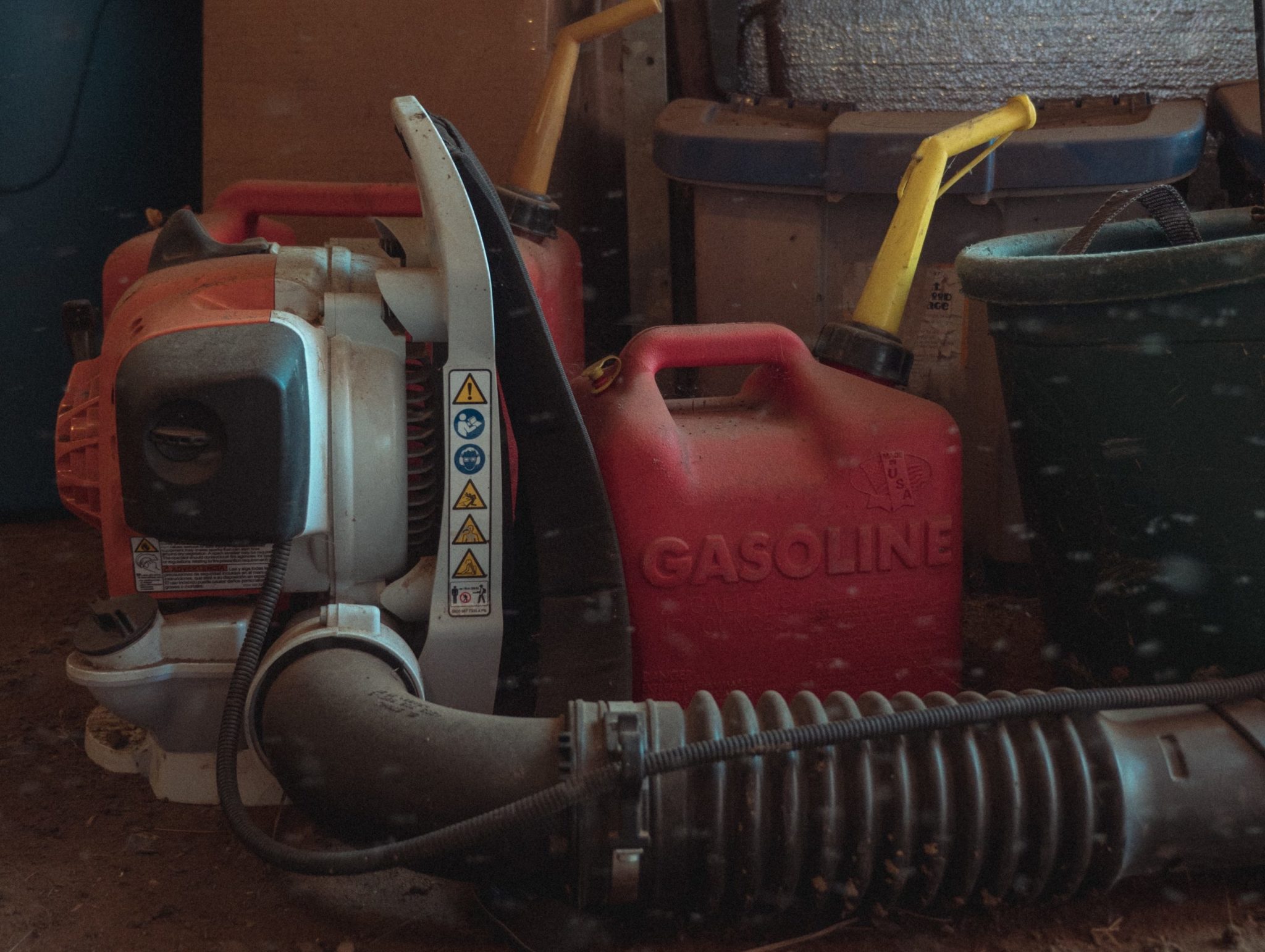Environmental Advisory Council talks leaf blowers
New Haven’s Environmental Advisory Council hopes to convince the Board of Alders to host a public hearing about the use of gas-powered leaf blowers in the city, which cause detrimental health and environmental effects.

At their meeting on Wednesday night, the New Haven Environmental Advisory Council discussed the risks of gas-powered leaf blowers in New Haven and their recent steps toward a Board of Alders public hearing on the issue.
The EAC, chaired by Laura Cahn, acts as a liaison between New Haven residents and the city government for communicating local environmental concerns. The council totals 13 members: the city’s chief administrative officer, city engineer, city plan director, one member from the Board of Alders — currently, Ward 18 Alder Salvatore DeCola — six New Haven residents appointed by the mayor and three alternates. At their September meeting, the council submitted a resolution asking the Board of Alders to hold a public hearing on whether or not to phase out gas-powered leaf blowers in the city. In October, the New Haven City Plan Commission unanimously recommended that the Board of Alders do so. Now, the Board of Alders City Services and Environmental Policy Committee must cast the final vote on hosting that public hearing.
“We have a lot of interest in this issue, more and more every day,” said Cahn. “This is a very big health issue that we need to take care of.”
Gas-powered leaf blowers present public health, environmental, social justice and local issues. Meeting attendee Mary Woolsey explained that those most affected by the emissions from gas-powered leaf blowers are landscaping workers, who can work with gas-powered leaf blowers for many hours each day, as well as those suffering from respiratory illnesses. New Haven residents already report high asthma rates and other respiratory issues due to emissions from the transportation sector.
“It’s very expedient to keep the focus on the impact of the blowers on workers more than the fact that it’s a nuisance,” said Rafael Ramos, the environmental health director for the New Haven Health Department, in advising the council on how to get through to the Board of Alders. “It would bring more attention to this as we educate the people who are using it about the impact it may be having on their health.”
Gas-powered leaf blowers use two-stroke engines, which are more polluting than engines in most of today’s cars and trucks. They burn a combination of oil and gasoline, emitting unburned fuel into the air. From an environmental standpoint, the use of gas-powered leaf blowers contributes to greenhouse gas emissions and planetary warming. Gasoline and oil spilled while operating these machines can also seep into the ground and potentially pollute water sources.
Karen Jubanyik, an associate professor at the Yale School of Medicine, spoke about the health effects caused by gas-powered leaf blowers, noting that gas-powered leaf blowers discard carcinogens into the air at a high rate. She said that the noise emitted by these blowers is the primary health concern, which can lead to hearing loss, difficulties with balance, high blood pressure, cardiac disease, insomnia and mental health disorders. Air pollution caused by gas-powered leaf blowers causes a slew of other health effects: Jubanyik explained that the equipment blows particles of metal, animal feces and pesticides into the air for people to breathe.
“It’s gotten to the point where all lawn equipment is going to be one of the greatest polluters … in our country,” she said.
However, meeting attendees stressed that the problems caused by gas-powered leaf blowers are fixable — which is why they want the Board of Alders to address the issue.
Electric leaf blowers, which run using batteries, are less expensive to use. A study conducted at the University of Arkansas found that the annual cost of a gas-powered blower was $329 compared to $120 for an electric blower. Mulching or raking leaves are also options that have been found to be more environmentally friendly and conducive to the health of local wildlife.
Many municipalities across the country have begun to phase out gas-powered leaf blowers. Burlington, Vermont banned them in April due to their excessive noise, health risks and environmental damage. The city has phased the ban for different residents; for example, the ban will start applying to smaller businesses on Dec. 31, but began in August for municipal departments. In October, California Gov. Gavin Newson signed a law that will outlaw the sale of gas-powered lawn mowers and leaf blowers in the state starting in 2024. Californians must begin using battery-powered or plug-in landscaping equipment that produces zero emissions.
The Environmental Advisory Council has circulated a petition asking the Board of Alders to take action to phase out or reduce the usage of gas-powered leaf blowers in New Haven. One measure that could be taken is a noise ordinance.
“It will be up to the Board of Alders and those participating in the hearing and submitting testimonies to work out these issues of enforcement and the possibility of an incentive program,” said Mary Woolsey. “All we’re asking for at this point is a hearing, and I think how this problem gets solved is still to be determined.”
The New Haven Environmental Advisory Council will meet next on Jan. 5.







